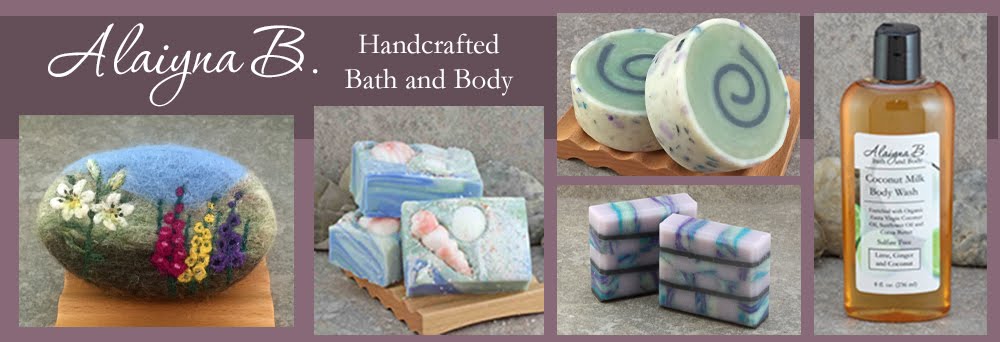I often get people asking me if my products are "natural" and I often have a very hard time answering that question. Not because I am trying to hide anything but because the word "Natural" has no legally defined meaning in its application to the products we both use and consume. The definition of "Natural".
Does the above definition help you? Probably not as you read through the ingredient list on your favorite shampoo and realize that you cannot even pronounce many of the names yet, the bottle says that it is "100% Natural". Well, how can that be? How can manufactures market their products as being "natural" when you know that ingredient list contains things that are chemicals?
Well, the FDA has the authority to admonish manufactures whose labels and marketing efforts make false and misleading claims, but it has never imposed a standard definition for many healthy sounding terms used to market consumer products. Therefore, the term "natural", "100% natural", "naturally derived" etc. can be slapped onto any product out there without any repercussions from the FDA. Not so with the term "Organic" which has strict guidelines for its use in product labeling and marketing.
So, I have to ask these inquirers, what do they mean by "natural" or what is is that you are looking for? Most of the time they have no idea what I am talking about or what they are really looking for. Many of the ingredients in bath and body products sound natural (olive oil, cocoa butter, essential oil) but none of these are used in their truly natural, unrefined state. They are created from something else. Olive oil is derived from olives, cocoa butter from the cocoa bean and essential oils from plants. These ingredients don't magically transform from their natural state into their usable state, but have to be processed and/or extracted - meaning created by people and machinery. The extraction process used to take an ingredient from its natural state to its ingredient state is accomplished via several methods including mechanical and chemically with solvents. So, would these ingredients be considered natural?
I personally only consider an ingredient "Natural" if it is in its original state or was derived or extracted from its original state without the use of chemicals or one that is not synthetically created in a lab (fragrance oils for example). In fact the creation of pure soap is from the chemical reaction of mixing oils with an alkaline (Sodium Hydroxide) - it is the only way to make pure soap, but is the end result then "Natural" or is the use of the term to be based on just the ingredients used to create the end product? This is why the question is not easily answered.
So, be cautious when seeing the terms "Natural", "100% Natural", or even"Naturally Derived" being used on your bath and body (and even food) product labels and in marketing. The product could still be filled with chemicals (and not all chemicals are bad - in fact many are necessary to insure a safe product.) Read ingredient lists, research ingredients and understand what is in the products you buy. Don't be fooled by this marketing tactic and don't be fooled by manufactures that insure you their product is natural (it may only include a trace amount of ingredients that would technically be considered "natural"). Decide what you are looking for in a product (no artificial or chemically created fragrances, colors, detergents, conditioners, and on and on). Many of the ingredients necessary to create a bath and body product and to keep it safe, must be chemically manufactured.
~ Faith


No comments:
Post a Comment